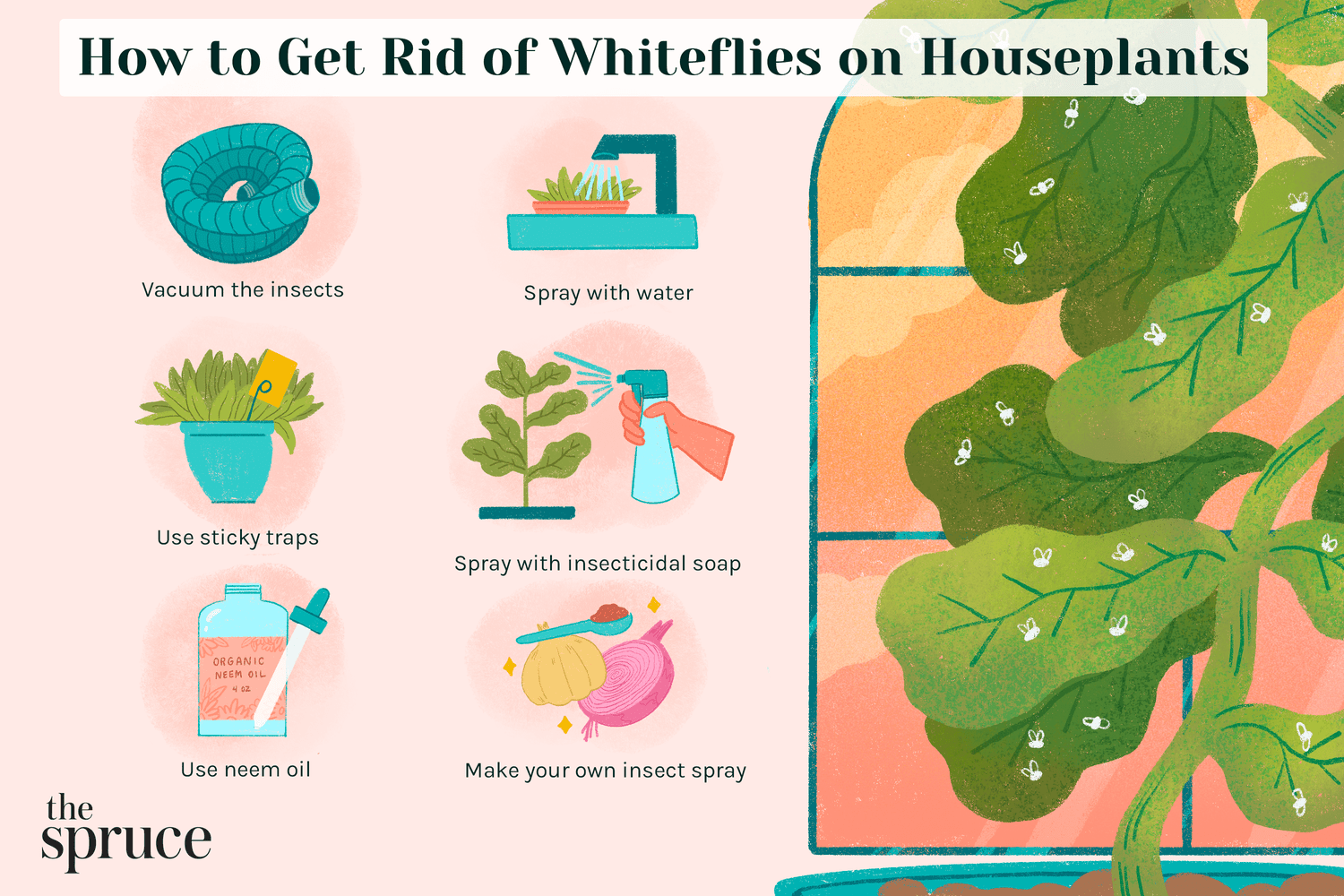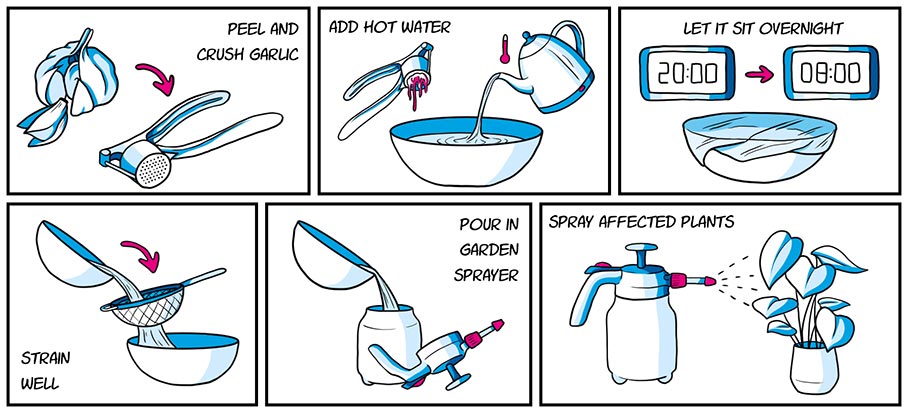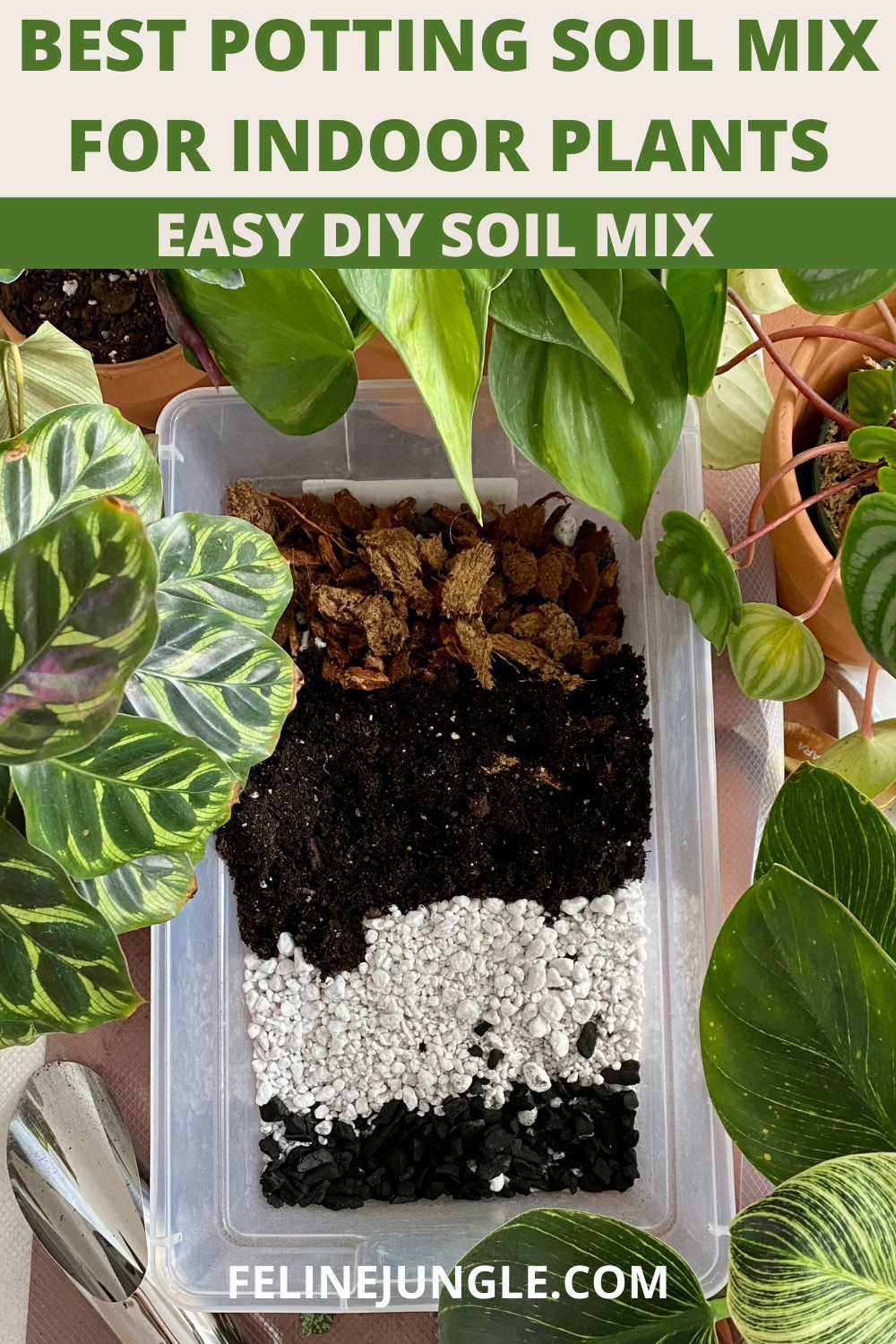What natural methods can control whiteflies?
Whiteflies are tiny insects that feed on plant sap, causing damage to a wide variety of plants. These pesky pests can be a nuisance in the garden or home, but there are several natural methods that can help control them without the use of harmful chemicals. Here are some eco-friendly solutions to consider:
1. Neem oil
Neem oil is a natural insecticide that can be effective in controlling whiteflies. It works by disrupting the insects’ feeding and reproductive processes, ultimately leading to their demise. To use neem oil, dilute it with water and spray it on the affected plants. Repeat the application every 7-14 days for best results.
2. Yellow sticky traps
Yellow sticky traps are another natural way to control whiteflies. These traps are coated with a sticky substance that attracts the insects, causing them to become stuck and unable to move. Place the traps near the affected plants to capture whiteflies and reduce their numbers.
3. Beneficial insects
Introducing beneficial insects such as ladybugs, lacewings, or parasitic wasps can help control whitefly populations in your garden. These natural predators feed on whiteflies and their larvae, keeping their numbers in check. You can purchase beneficial insects online or at garden centers for release in your garden.
4. Garlic spray
Garlic is known for its strong scent and pest-repelling properties. To make a garlic spray, crush a few cloves of garlic and steep them in water overnight. Strain the mixture and spray it on the affected plants to deter whiteflies. Reapply the garlic spray every 5-7 days for continued protection.
5. Horticultural oil
Horticultural oils are lightweight oils that can suffocate whiteflies and their eggs on contact. To use horticultural oil, mix it with water according to the manufacturer’s instructions and spray it on the affected plants. Make sure to cover all parts of the plant, including the undersides of leaves where whiteflies like to hide.
6. Companion planting
Companion planting involves growing certain plants together to benefit each other in various ways. Some plants are known to repel whiteflies and other pests, making them excellent companions for vulnerable plants. Consider planting marigolds, nasturtiums, or basil near susceptible plants to help deter whiteflies naturally.
7. Diatomaceous earth
Diatomaceous earth is a natural powder derived from fossilized algae that can be used to control whiteflies and other pests. Sprinkle a thin layer of diatomaceous earth on the soil around your plants or directly on the foliage to create a barrier that dehydrates and kills whiteflies on contact.
8. Soap spray
A simple soap spray can be an effective way to control whiteflies without the use of harsh chemicals. To make a soap spray, mix a few drops of mild liquid soap with water and spray it on the affected plants. The soap works by suffocating the insects and disrupting their cell membranes, ultimately leading to their demise.
Conclusion
Whiteflies can be a persistent pest in the garden or home, but there are plenty of natural methods available to help control them effectively. By using eco-friendly solutions such as neem oil, yellow sticky traps, beneficial insects, garlic spray, horticultural oil, companion planting, diatomaceous earth, and soap spray, you can keep whitefly populations in check without resorting to harmful chemicals. Try incorporating these natural methods into your pest control routine and enjoy a healthier, more sustainable garden.


